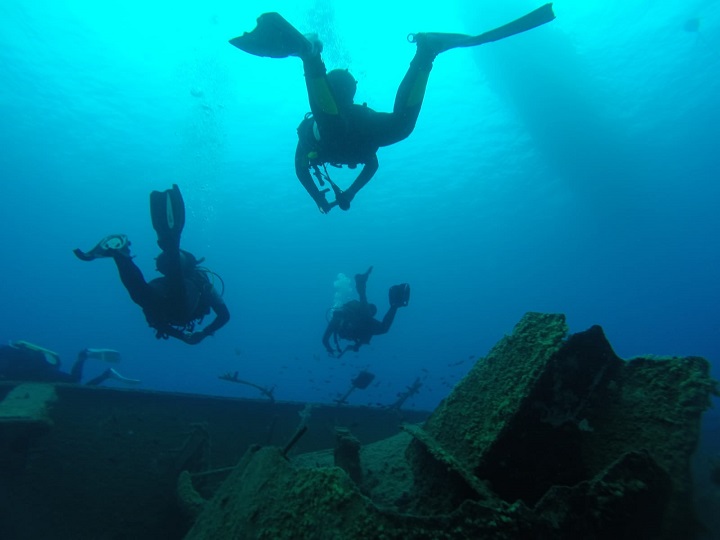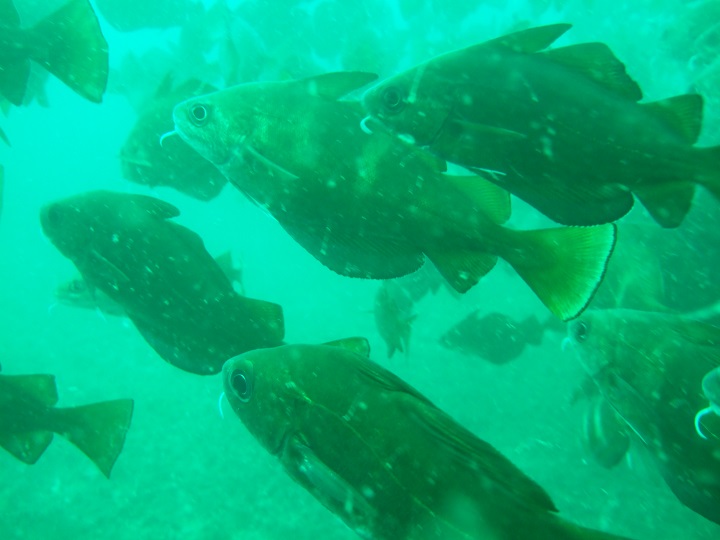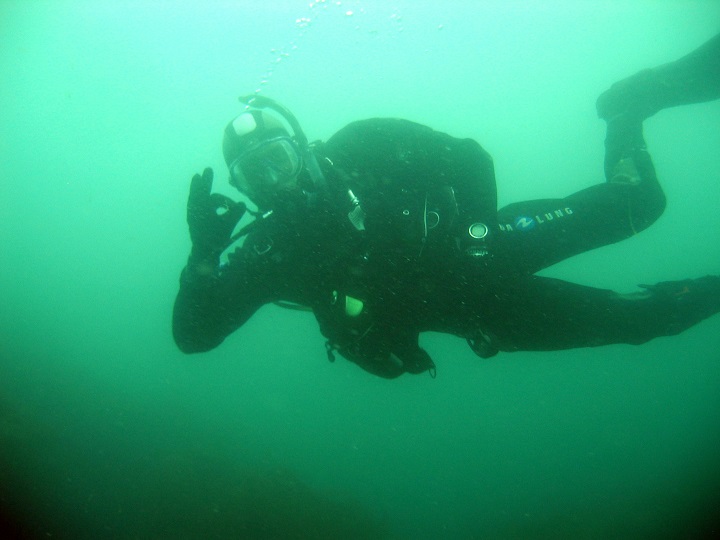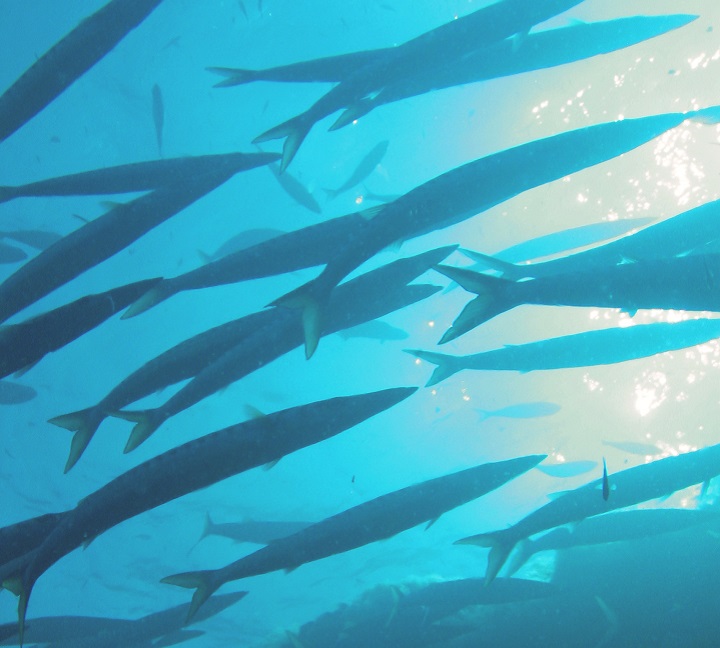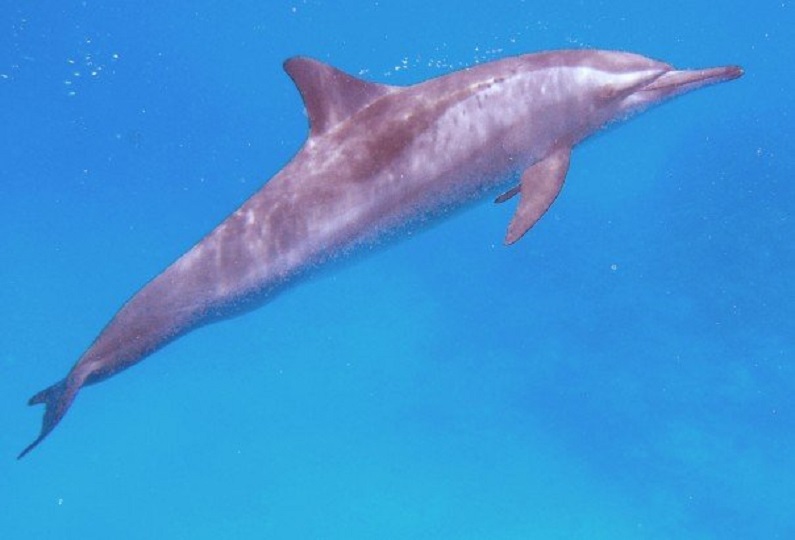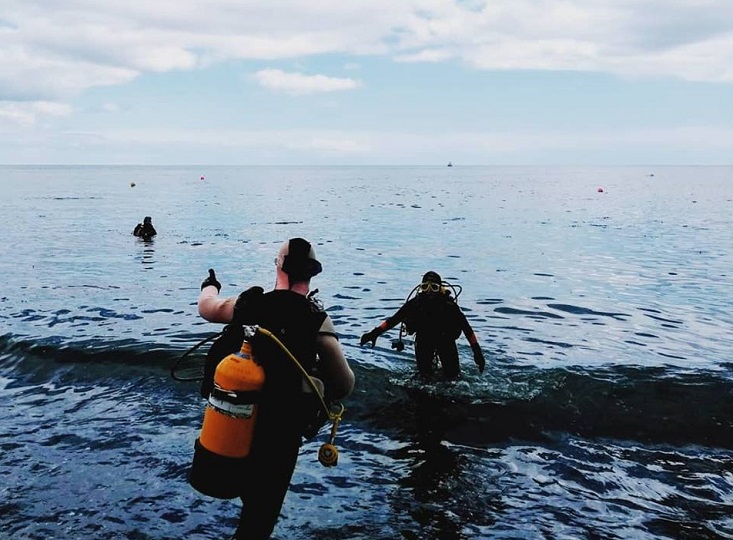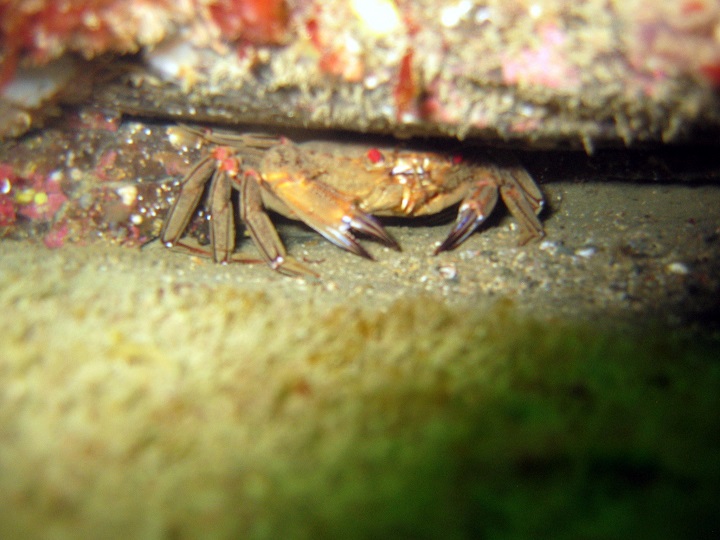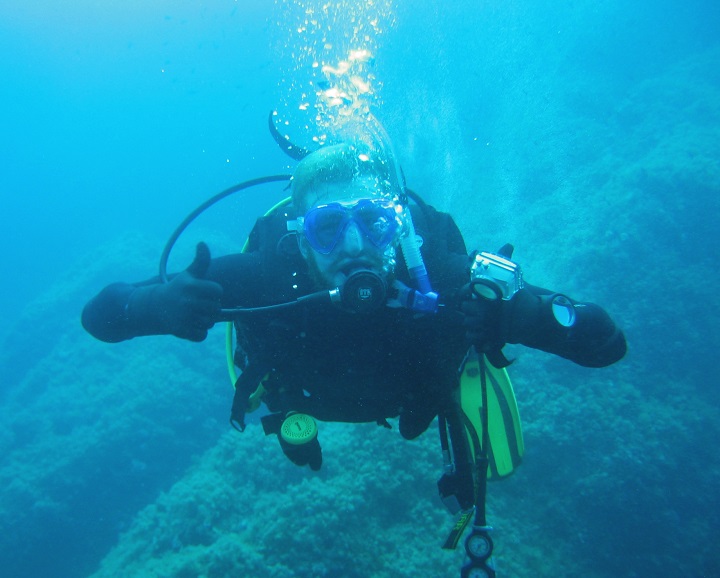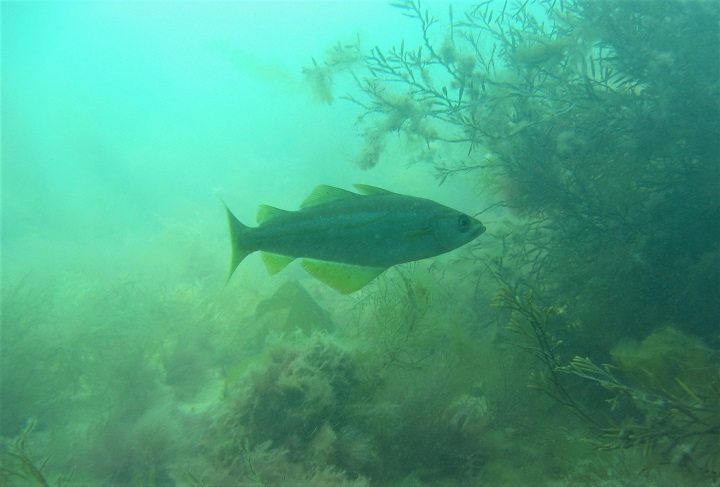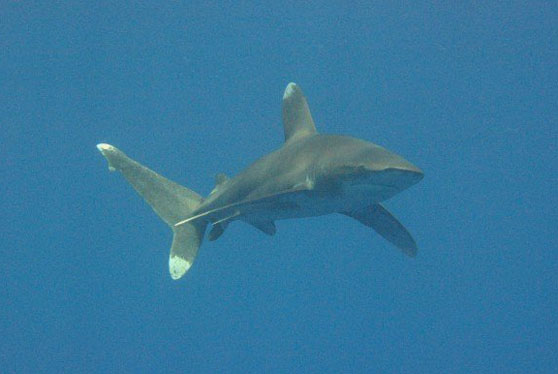30 AWESOME SCUBA DIVING TIPS FOR BEGINNERS
With so many new dive coming thought the underwater adventures scuba diving school we thought it would be a good idea to make a list of our best tips for new divers for you to take a look though. If you can think of any more or have other questions to ask us, please feel free to contact us here at Underwater Adventures.
1. When choosing your dive school, safety should be your number one concern. Before you go, check out online reviews to see if other divers write about consistent issues like disorganization, missed safety briefings, or faulty equipment. A safe dive school maintains a low student to instructor ratio and communicates clearly with its students.
2. Learn about different scuba diving agencies to find out which one is best for you. The two biggest are PADI and SSI but you can also find BSAC here in the UK.
3. Before you go underwater, always check your dive equipment. Warning signs of faulty equipment include strange smelling/tasting air, and a jumping needle on your air gauge when you take a breath out of your regulator, your regulator free-flowing for no reason. Make sure all your equipment is working properly and fits well.
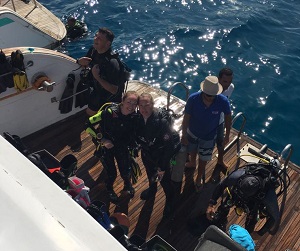
4. One of the most common mishaps while diving is having your regulator, you know, the device that you use to breathe underwater, knocked out of your mouth. Though this is rarely serious, it can cause divers of all levels a lot of stress. Practice reaching towards your lower back and recovering your regulator into your mouth and clearing it (just like your instructor taught you) until it becomes second nature.
5. Avoid diving with an underwater camera for your first few dives, even if the school allows it. New divers tend to get distracted with playing with the buttons, often causing them to ascend without realizing or get into other stressful situation that can cause problems if you are not paying attention
6. Take seasickness pills ahead of time if you’re prone to getting seasickness. Even if you are not prone to seasick or are just not sure, take one just in case as it is better to take one before you start feeling ill rather then being stuck on a boat for hours whilst feeling rough.
7. Never be afraid to ask your guide or instructor questions, no matter how silly they might seem. Remember, everyone started as a beginner once, and it’s better to dive with confidence instead of confusion.
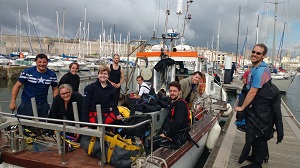
8. Don’t dive with a sinus infection or a cold, as it will be dangerous (if not impossible) to equalize.
9. Planning a dive holiday? Remember about the risks of flying and diving before you hit the runway, it is normally best to allow over 24 hours between your last dive and getting on the airplane.
10. If you have open wounds, avoid diving or make sure that you the wounds covered – especially around coral reefs, where the skin is more prone to infection. Wear a wetsuit or protect the wound with gauze and waterproof tape.
11. Did you know that your body processes liquids more efficiently while at neutral buoyancy? This is why while diving, you’ll have to pee more than usual. Please remember to drink lots of water all the time between dives. I have seen so many days diving lots because people allowed themselves to become dehydrated. Dehydration is also a big factor when it comes to DCI and it is easily avoidable just by drinking plenty of water.
12. Know the signs and symptoms of gas narcosis, especially before attempting any deep dives. This is not just the signs in yourself but also in your buddy. If you would like to learn more gas narcosis, you can always try doing a Dry Dive at a recompression chamber where you get to experience a dive to 40 or 50 metres int eh safety of a hospital and under the watchful eyes of medical professionals, Underwater adventures run yearly trips for dry dive and you can check out the video to see what it is like by clicking here.
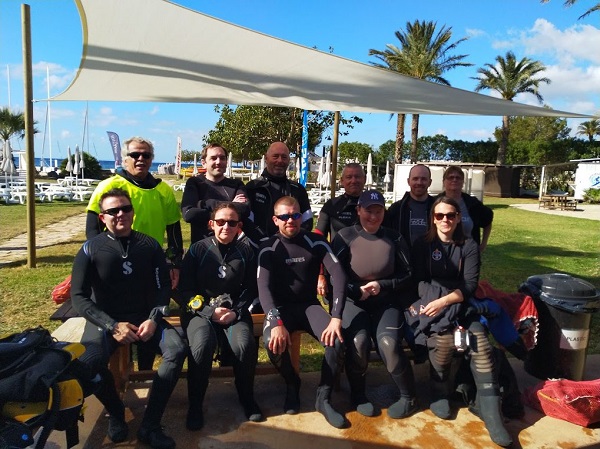
13. Many diving accidents are preventable and caused solely by panic. In fact, a report by Scuba Diving Magazine tells us that over 20% of diver deaths are due to panic. With a level head, you can work your way out of any diving issue. Practice self-calming methods like meditation and breathing techniques to help you cope with any diving challenges that may arise. Visualization is a great practice for walking through possible challenges and thinking through how you can overcome them. If something is not right, Stop, take a nice slow deep breath and then think about what to do, don’t rush in.
14. The most important thing to remember is, always keep breathing. Never, ever hold your breath.
15. if you are on a guided dive always stay close to your guide and follow his or her directions – even if other divers stray from the pack. It will make you feel more comfortable and it makes your guide's job so much easier and they will thank you for it afterward. Don't forget even if you are on a guided dive you are still diving with your buddy so keep an eye on where they are at all times as well.
16. If you are not diving with a guide, make sure you plan your dive beforehand and let someone know who will be on the surface what your dive plan is and always, always stick close to your buddy.
17. Beginner scuba divers often don’t realize how much air they consume and tend to breathe more than advanced divers. Always keep an eye on your gauge and let your buddy/guide know when you’re low. Don’t be shy to tell your buddy/guide you are low on air, it’s totally normal and far less embarrassing (not to mention dangerous) to finish your dive early than running out and having an emergency.
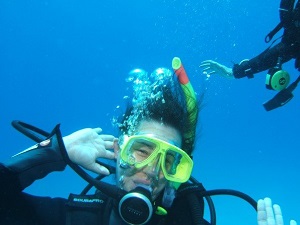
18. Constantly communicate with your buddy. Ask them if they are OK and point out any incredible things that you see.
19. Never poke or chase sea life. Not only is this better for the environment, but many sea creatures can be aggressive or poisonous. The look-but-don’t-touch policy is in the best interest of everyone underwater.
20. Diving can be a clumsy sport, especially when navigating around other divers and the reef — that’s just what happens when you strap on fins and a metal tank to your body! Give other divers enough space to move around without banging into you. Likewise, hover a good distance above the reef until you’ve perfected neutral buoyancy.
21. It’s easy to be mesmerized by what exists below you. Look up and out into the blue every once in a while. Many times, it’s where the larger sea creatures or schools of fish will be hanging out.
22. Do you know what to do if you see a shark? For one, don’t panic or bolt to the surface. Keep breathing and follow your guide’s instructions. If you’re diving with a buddy and you are too frightened to continue, end the dive as normal. Sharks are generally harmless and swim past divers every single day without incident.
23. If you need to grab another diver’s attention, make noise by banging lightly against your tank with a tank banger or butt of your dive knife if you don’t have a tank banker. Another way to make noise underwater is to make an “O” shape with one hand and clap the top of it with your other which will make a sound that will travel well through water.
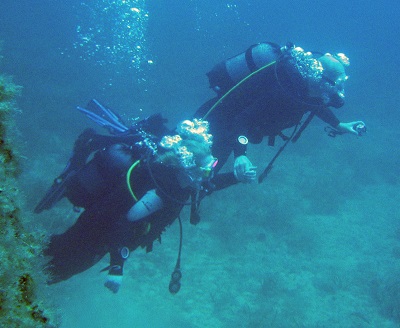
24. There’s nothing more comforting than a snug wetsuit that conforms to your body. It’s worth it to invest in a wetsuit for the water temperature that you’ll be diving in the most. Speak to your instructor or local dive shop as they will be able to give you the best information about the wet wetsuit for you.
25. When choosing a mask, tilt your head down, place the mask against your face, and inhale. Then, let go of the mask with your hands. If the mask stays on your face, then it’s a good fit. Try ever mask on in the dive shop so that you are able to make the best decision about the best mask for you. Before diving, sweep your hair away from your face (including facial hair) and rub in sunscreen to prevent leaks.
26. Different scuba diving brands tend to fit different body types better. To see what works for you, rent or borrow equipment before buying so that you get the most opportunities to find out what you want and what works for you. Don’t rush in to buy dive equipment before you know what you want otherwise you are likely to end up replacing it anyway a year or so down the line.
27. Take care of your equipment by rinsing it with fresh water after a dive, hanging it to dry, and keeping it out of the sun. Salt, sand, and sun are harsh elements that can deform equipment if left unchecked. A good idea to help you understand how better to look after you nice new scuba diving equipment is to complete the PADI equipment specialty course which will teach you all about how to look after your equipment and goes into more detail about how it works. find out more about the PADI equipment specialty course here
28. You might not always wear the same amount of weights depending on your wetsuit thickness and even water temperature. If you’re not sure how many to wear, consult a guide before you go and always perform a buoyancy check when either your equipment or location changes. Even professional divers do this as it only takes a couple of seconds and can save messing around on a whole dive and missing out on the cool stuff.
29. Keep your skills fresh! Try to dive at least every few months. Practice, practice, practice. The more often you go, the better diver you will become. Join a dive club that runs regular dive trips as not only will this keep you diving but you’ll get to meet and learn from a load of other experienced scuba divers.
30. There’s so much to see around the world. From macro life to sharks to Technicolor coral reefs to caves to wrecks to kelp forests, the visuals that exist underwater are truly unlike anything on earth. Create a scuba diving bucket list of places to dive to keep you motivated to dive more.
Bonus tip for making it all the way to the end
31. Did you know there’s a huge scuba diving community out there? Scuba diving is an easy way to make friends all around the globe. Join the Underwater adventures dive club on Facebook, Instagram and Twitter to meet up with other underwater addicts or get in contact with us to find out about joining the dive club and coming with us on a few dive trips. Still not convinced. Check out our YouTube channel for videos from some of the dive trips we have been on all around the world.
With so many new dive coming thought the underwater adventures scuba diving school we thought it would be a good idea to make a list of our best tips for new divers for you to take a look though. If you can think of any more or have other questions to ask us, please feel free to contact us here at Underwater Adventures.
1. When choosing your dive school, safety should be your number one concern. Before you go, check out online reviews to see if other divers write about consistent issues like disorganization, missed safety briefings, or faulty equipment. A safe dive school maintains a low student to instructor ratio and communicates clearly with its students.
2. Learn about different scuba diving agencies to find out which one is best for you. The two biggest are PADI and SSI but you can also find BSAC here in the UK.
3. Before you go underwater, always check your dive equipment. Warning signs of faulty equipment include strange smelling/tasting air, and a jumping needle on your air gauge when you take a breath out of your regulator, your regulator free-flowing for no reason. Make sure all your equipment is working properly and fits well.

4. One of the most common mishaps while diving is having your regulator, you know, the device that you use to breathe underwater, knocked out of your mouth. Though this is rarely serious, it can cause divers of all levels a lot of stress. Practice reaching towards your lower back and recovering your regulator into your mouth and clearing it (just like your instructor taught you) until it becomes second nature.
5. Avoid diving with an underwater camera for your first few dives, even if the school allows it. New divers tend to get distracted with playing with the buttons, often causing them to ascend without realizing or get into other stressful situation that can cause problems if you are not paying attention
6. Take seasickness pills ahead of time if you’re prone to getting seasickness. Even if you are not prone to seasick or are just not sure, take one just in case as it is better to take one before you start feeling ill rather then being stuck on a boat for hours whilst feeling rough.
7. Never be afraid to ask your guide or instructor questions, no matter how silly they might seem. Remember, everyone started as a beginner once, and it’s better to dive with confidence instead of confusion.

8. Don’t dive with a sinus infection or a cold, as it will be dangerous (if not impossible) to equalize.
9. Planning a dive holiday? Remember about the risks of flying and diving before you hit the runway, it is normally best to allow over 24 hours between your last dive and getting on the airplane.
10. If you have open wounds, avoid diving or make sure that you the wounds covered – especially around coral reefs, where the skin is more prone to infection. Wear a wetsuit or protect the wound with gauze and waterproof tape.
11. Did you know that your body processes liquids more efficiently while at neutral buoyancy? This is why while diving, you’ll have to pee more than usual. Please remember to drink lots of water all the time between dives. I have seen so many days diving lots because people allowed themselves to become dehydrated. Dehydration is also a big factor when it comes to DCI and it is easily avoidable just by drinking plenty of water.
12. Know the signs and symptoms of gas narcosis, especially before attempting any deep dives. This is not just the signs in yourself but also in your buddy. If you would like to learn more gas narcosis, you can always try doing a Dry Dive at a recompression chamber where you get to experience a dive to 40 or 50 metres int eh safety of a hospital and under the watchful eyes of medical professionals, Underwater adventures run yearly trips for dry dive and you can check out the video to see what it is like by clicking here.

13. Many diving accidents are preventable and caused solely by panic. In fact, a report by Scuba Diving Magazine tells us that over 20% of diver deaths are due to panic. With a level head, you can work your way out of any diving issue. Practice self-calming methods like meditation and breathing techniques to help you cope with any diving challenges that may arise. Visualization is a great practice for walking through possible challenges and thinking through how you can overcome them. If something is not right, Stop, take a nice slow deep breath and then think about what to do, don’t rush in.
14. The most important thing to remember is, always keep breathing. Never, ever hold your breath.
15. if you are on a guided dive always stay close to your guide and follow his or her directions – even if other divers stray from the pack. It will make you feel more comfortable and it makes your guide's job so much easier and they will thank you for it afterward. Don't forget even if you are on a guided dive you are still diving with your buddy so keep an eye on where they are at all times as well.
16. If you are not diving with a guide, make sure you plan your dive beforehand and let someone know who will be on the surface what your dive plan is and always, always stick close to your buddy.
17. Beginner scuba divers often don’t realize how much air they consume and tend to breathe more than advanced divers. Always keep an eye on your gauge and let your buddy/guide know when you’re low. Don’t be shy to tell your buddy/guide you are low on air, it’s totally normal and far less embarrassing (not to mention dangerous) to finish your dive early than running out and having an emergency.

18. Constantly communicate with your buddy. Ask them if they are OK and point out any incredible things that you see.
19. Never poke or chase sea life. Not only is this better for the environment, but many sea creatures can be aggressive or poisonous. The look-but-don’t-touch policy is in the best interest of everyone underwater.
20. Diving can be a clumsy sport, especially when navigating around other divers and the reef — that’s just what happens when you strap on fins and a metal tank to your body! Give other divers enough space to move around without banging into you. Likewise, hover a good distance above the reef until you’ve perfected neutral buoyancy.
21. It’s easy to be mesmerized by what exists below you. Look up and out into the blue every once in a while. Many times, it’s where the larger sea creatures or schools of fish will be hanging out.
22. Do you know what to do if you see a shark? For one, don’t panic or bolt to the surface. Keep breathing and follow your guide’s instructions. If you’re diving with a buddy and you are too frightened to continue, end the dive as normal. Sharks are generally harmless and swim past divers every single day without incident.
23. If you need to grab another diver’s attention, make noise by banging lightly against your tank with a tank banger or butt of your dive knife if you don’t have a tank banker. Another way to make noise underwater is to make an “O” shape with one hand and clap the top of it with your other which will make a sound that will travel well through water.

24. There’s nothing more comforting than a snug wetsuit that conforms to your body. It’s worth it to invest in a wetsuit for the water temperature that you’ll be diving in the most. Speak to your instructor or local dive shop as they will be able to give you the best information about the wet wetsuit for you.
25. When choosing a mask, tilt your head down, place the mask against your face, and inhale. Then, let go of the mask with your hands. If the mask stays on your face, then it’s a good fit. Try ever mask on in the dive shop so that you are able to make the best decision about the best mask for you. Before diving, sweep your hair away from your face (including facial hair) and rub in sunscreen to prevent leaks.
26. Different scuba diving brands tend to fit different body types better. To see what works for you, rent or borrow equipment before buying so that you get the most opportunities to find out what you want and what works for you. Don’t rush in to buy dive equipment before you know what you want otherwise you are likely to end up replacing it anyway a year or so down the line.
27. Take care of your equipment by rinsing it with fresh water after a dive, hanging it to dry, and keeping it out of the sun. Salt, sand, and sun are harsh elements that can deform equipment if left unchecked. A good idea to help you understand how better to look after you nice new scuba diving equipment is to complete the PADI equipment specialty course which will teach you all about how to look after your equipment and goes into more detail about how it works. find out more about the PADI equipment specialty course here
28. You might not always wear the same amount of weights depending on your wetsuit thickness and even water temperature. If you’re not sure how many to wear, consult a guide before you go and always perform a buoyancy check when either your equipment or location changes. Even professional divers do this as it only takes a couple of seconds and can save messing around on a whole dive and missing out on the cool stuff.
29. Keep your skills fresh! Try to dive at least every few months. Practice, practice, practice. The more often you go, the better diver you will become. Join a dive club that runs regular dive trips as not only will this keep you diving but you’ll get to meet and learn from a load of other experienced scuba divers.
30. There’s so much to see around the world. From macro life to sharks to Technicolor coral reefs to caves to wrecks to kelp forests, the visuals that exist underwater are truly unlike anything on earth. Create a scuba diving bucket list of places to dive to keep you motivated to dive more.
Bonus tip for making it all the way to the end
31. Did you know there’s a huge scuba diving community out there? Scuba diving is an easy way to make friends all around the globe. Join the Underwater adventures dive club on Facebook, Instagram and Twitter to meet up with other underwater addicts or get in contact with us to find out about joining the dive club and coming with us on a few dive trips. Still not convinced. Check out our YouTube channel for videos from some of the dive trips we have been on all around the world.
.png)



